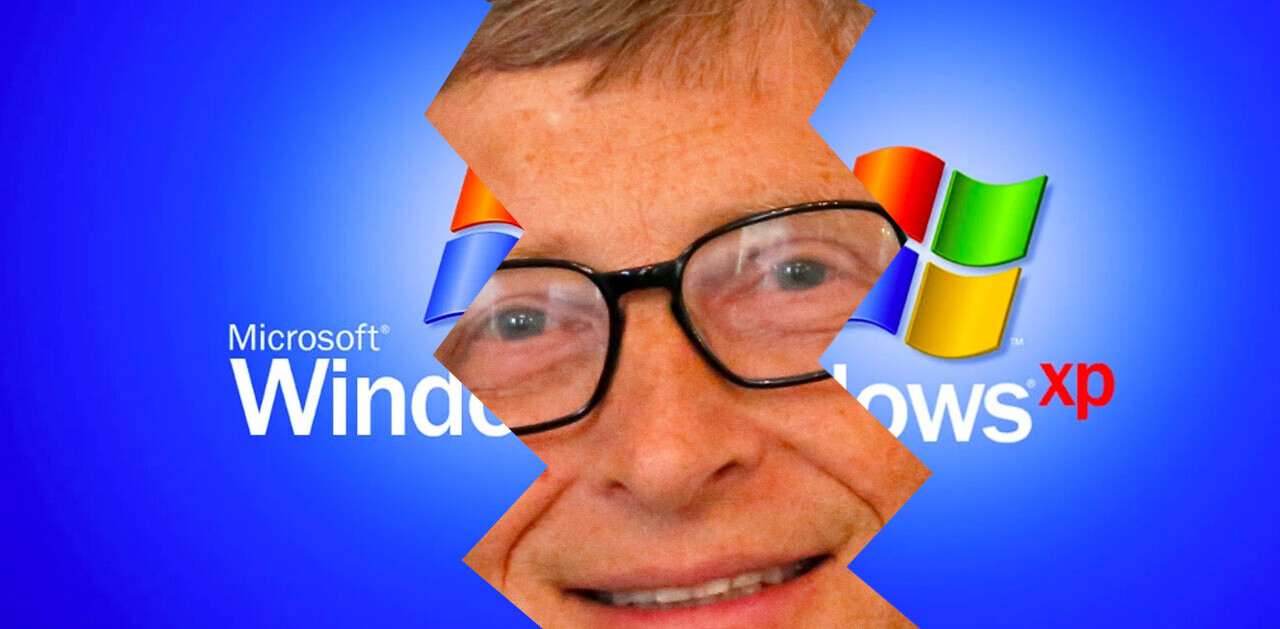
Microsoft is suing Barnes & Noble, Foxconn, and Inventec for patent infringement. Microsoft claims that the three companies employ the Android operating system, popular around the world, in violation of its patents.
Microsoft specifically outlines that e-reading devices and tablets are at the heart of its complaint. Redmond states that certain OEMs, like HTC, have licensed relevant Microsoft patents in regards to use of the Android OS, while other companies, those being sued, have not.
Microsoft claims that the three companies it is suing have refused to work with itself to respect what it feels are its intellectual property rights.
The patents pertain to core elements of the Android OS, and its methods of interacting with both documents and e-books.
We have pasted the full statement from Microsoft below:
Statement from Horacio Gutierrez, corporate vice president and deputy general counsel of Intellectual Property and Licensing
REDMOND, Wash., March 21, 2011 /PRNewswire/ — Microsoft Corp. today filed legal actions in the International Trade Commission and the U.S. District Court of the Western District of Washington against Barnes & Noble, Inc. and its device manufacturers, Foxconn International Holdings Ltd. and Inventec Corporation, for patent infringement by their Android-based e-reader and tablet devices that are marketed under the Barnes & Noble brand.
“The Android platform infringes a number of Microsoft’s patents, and companies manufacturing and shipping Android devices must respect our intellectual property rights. To facilitate that we have established an industry-wide patent licensing program for Android device manufacturers,” said Horacio Gutierrez, Corporate Vice President and Deputy General Counsel for Intellectual Property & Licensing. “Other vendors, including HTC, a market leader in Android smartphones, have taken a license under this program, and we have tried for over a year to reach licensing agreements with Barnes & Noble, Foxconn and Inventec. Their refusals to take licenses leave us no choice but to bring legal action to defend our innovations and fulfill our responsibility to our customers, partners, and shareholders to safeguard the billions of dollars we invest each year to bring great software products and services to market,” he added.
The patents at issue cover a range of functionality embodied in Android devices that are essential to the user experience, including: natural ways of interacting with devices by tabbing through various screens to find the information they need; surfing the Web more quickly, and interacting with documents and e-books.
You can read the court documents associated with the case here.
Update:
Microsoft has released another note on the matter entitled “Android Patent Infringement: Licensing is the Solution,” where the company’s legal team explains the reason and cause of the lawsuit.
Microsoft goes out of its way to say that the company is not a litigation factory:
Microsoft is not a company that pursues litigation lightly. In fact, this is only our seventh proactive patent infringement suit in our 36-year history. But we simply cannot ignore infringement of this scope and scale.
Get the TNW newsletter
Get the most important tech news in your inbox each week.




